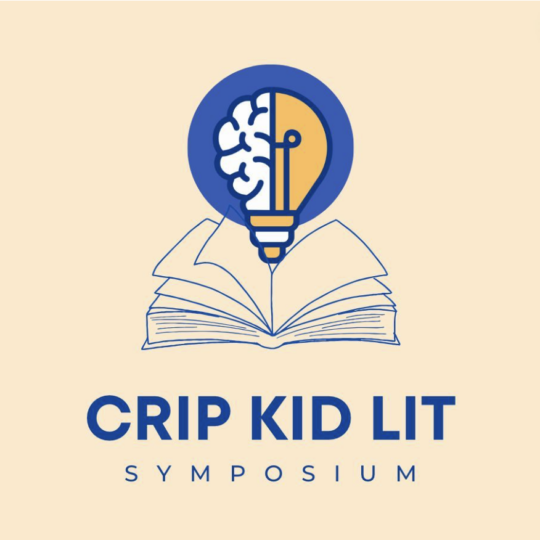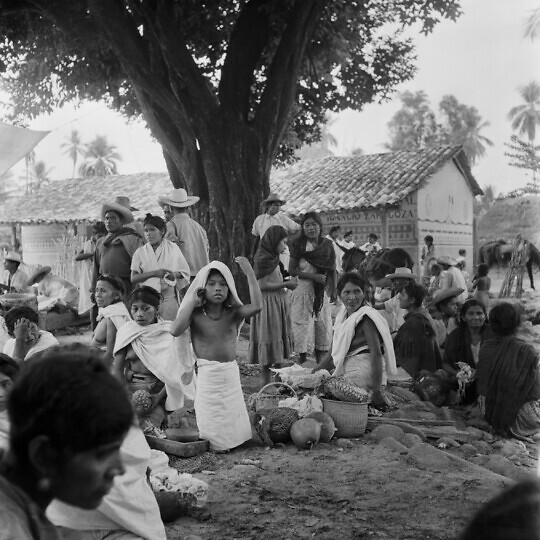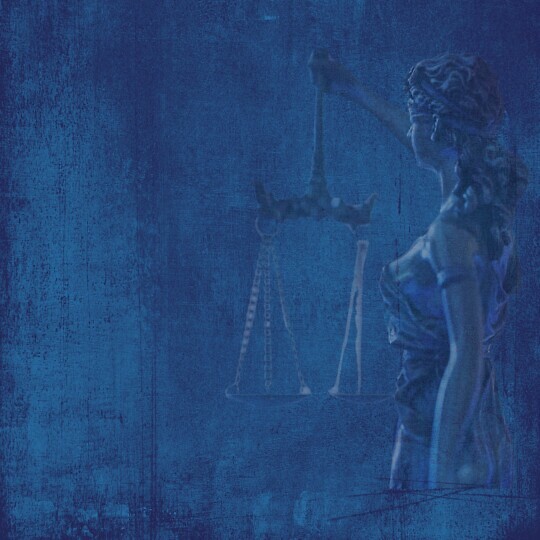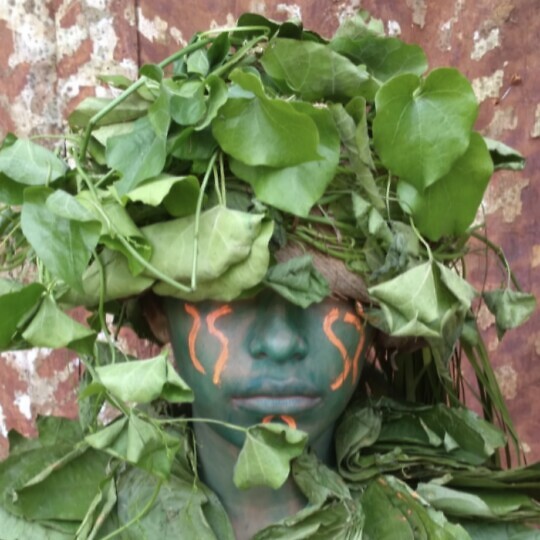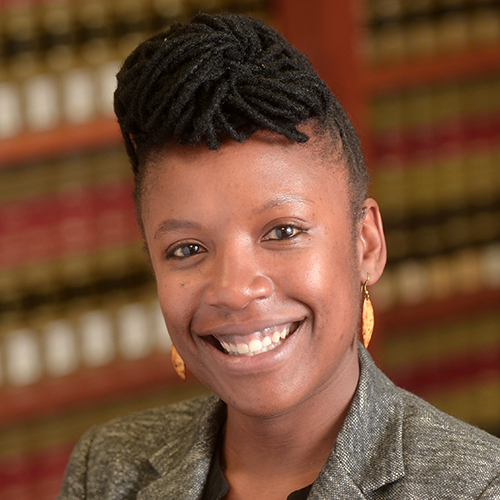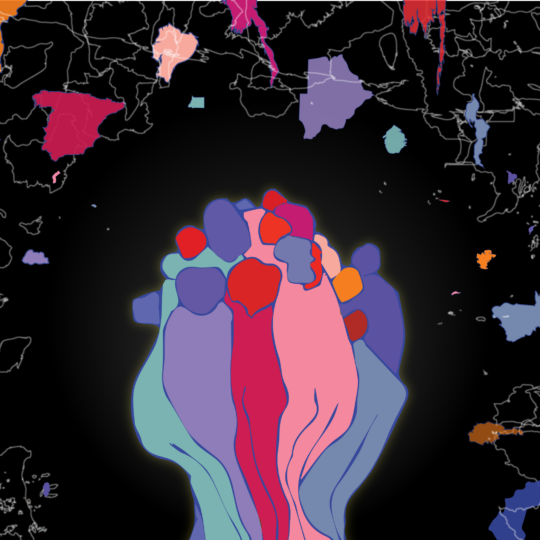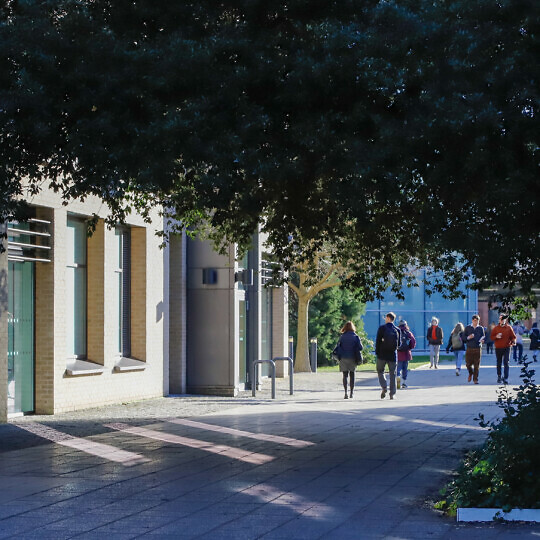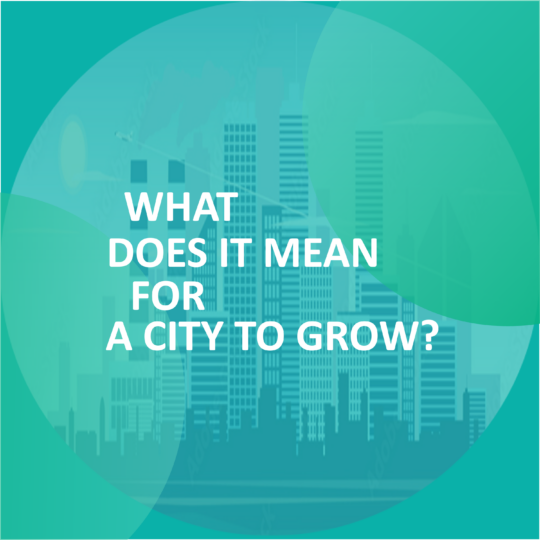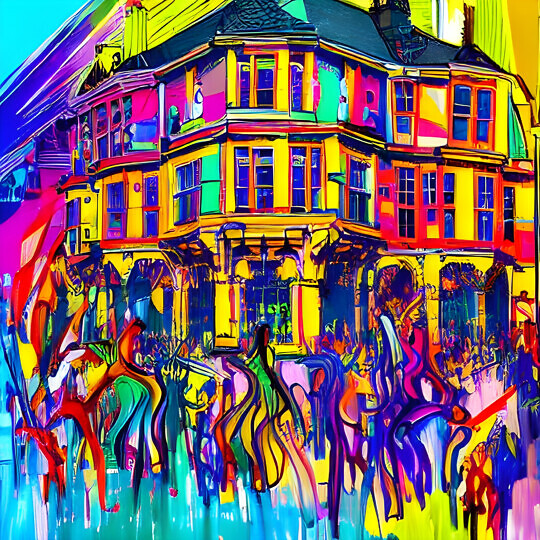| This event spans multiple dates: | |||
|---|---|---|---|
| 27 Jan 2022 | 17:00 | Online | Book Now |
| 10 Feb 2022 | 17:00 | Online | Book Now |
| 24 Feb 2022 | 17:00 | Online | Book Now |
| 10 Mar 2022 | 17:00 | Online | Book Now |
| 24 Mar 2022 | 17:00 | POSTPONED due to UCU industrial action | |
| 31 Mar 2022 | 17:00 | Online | Book Now |
| 21 Apr 2022 | 17:00 | Online | Book Now |
- Description
- Programme
- Podcasts
- Recommended reading
Description
Due to UCU industrial action the seminar on 24 March has been rescheduled to 31 March.
Convenor
Maral Attar-Zadeh (Cambridge)
Summary
Recent scholarly and artistic interest in the idea of distributed cognition––that cognitive processes do not take place solely in the brain, but are rather distributed throughout the body and even the world––has encouraged lively inter- and cross-disciplinary exchanges between a broad range of fields such as neuroscience, literary studies, theology, Anthropocene studies, and performance studies. Scholars in these fields, joined by artists, creative writers, and musicians, come together under the shared belief that our modes of being, seeing, knowing, and acting in the world cross the ‘skull barrier’ and are embodied, extended out into the world, and embedded into or enacted by our environment.
This event series aims to reflect on how distributed models of cognition apply to, and change our perception of, musical engagement. Growing interest in music-making practices outside the normative, and ideally sterilised, settings of the concert hall and the studio has already highlighted the extent to which ‘musicking’ creates living, distributed assemblages out of performers, listeners, instruments, and architectural spaces. In each session of the series, the academics, performers, and practitioners interviewed will share their reflections on the way the language and insights of distributed cognition engage and enrich models of aural encounter in fields such as music performance, environmental studies, history, religious studies, and literature.
We hope that the series is not only an exploration of the links between distributed cognition and music but also an exercise in distributed thinking, mutual listening, and communal sound-making, making room for challenging and illuminating cross-disciplinary conversations about music in and across minds, bodies, and worlds.
If you have specific accessibility needs for this event please get in touch. We will do our best to accommodate any requests.
Supported by
Programme
| 27 January, 17:00 - 18:00 |
Discussion session 1: What does it mean to think about cognition and consciousness as “distributed”? What do distributed models of thinking and selfhood say about musical experience, and how does musical engagement––scholarly encounters with music as well as the experience of musicking itself––in turn challenge, deform, and enrich these models? What does this dialogue reveal about the potentials and promises (and about the limits and impossibilities) of interdisciplinary work? We will begin thinking through these central questions in this discussion session, which follows the release of the first podcast episode of the series. One of the main aims of the series is to be, itself, an exercise in collective and distributed thinking; in this first session we will work together to define the terms of our conversation and to delineate our main aims and interests, to be revisited with the help of our guest speakers in the weeks to come. |
| 10 February, 17:00 - 18:00 |
Discussion session 2: This week’s discussion session is focussed on questions around language, communication, meaning: what and how does music communicate, and what relationship does this communication bear to verbal communication? Can music be ‘about’ something? How can different methodologies, each with their own vocabulary, come together to examine musical experience and its representational ‘excesses’? |
| 24 February, 17:00 - 18:00 |
Discussion session 3: Using a psychological study on body language in ensemble performance and poet Wayne Koestenbaum’s essay on playing the piano (mostly) alone as our starting points, we will discuss the relationship between musical experience and attention, effort, presence, co-presence, and absence. How much does intention matter when we play, and how is intentionality formed and shared when we play with others? How does our perception of the performance as public (“for others”) or private (“for ourselves”) change our presence and participation? In blurring the borders of the individual mind, does musical experience create assemblage or a kind of absence, or both? |
| 10 March, 17:00 - 18:00 |
Discussion session 4: Katherine Larson (Professor of English, University of Toronto) joins this week’s discussion session to speak more about literary representation and historical performance, how her musical practice and scholarly work shape each other, and why early modern studies has proven to be a rich ground for more flexible approaches to questions of subjecthood and relationality. |
| 31 March, 17:00 - 18:00 |
Discussion session 5: |
| 21 April, 17:00 - 18:00 |
Discussion session 6: In this session, we will discuss the notions of rigour, improvement, and success in musical performance. We will think about the ways they are measured and determined in ensemble performance and in “private” (rehearsal) and “public” (concert) settings, as well as in the classroom. How do performance spaces shape ensemble dynamics? Who (or what) has power in collective musicking, and how is this power negotiated, distributed, and contested? Do different models of ensemble performance (as a network, as distributed agency, as collective cognition) also offer different ethics of encounter and relation? |
Podcasts
Thursday Podcasts
20 January
Maral Attar-Zadeh
‘Distributed cognition and music: Aurality, collectivity, interdisciplinarity’
3 February
Ian Cross
Science, music, and creating interdisciplinary spaces
17 February
Laura Bishop
‘Entrainment, ensembles, togetherness’
3 March
Katherine Larson
‘Embodied aires: singing, teaching, and writing about early modern song’
31 March
Bettina Varwig
‘Early modern ears: music, physiology, and porous bodies’
7 April
Murphy McCaleb
‘Musicking and collectivity in ensemble performance’
Recommended reading
Discussion session 1: ‘Distributed cognition and music: setting the terms’
Miranda Anderson, Michael Wheeler, and Mark Sprevak, ‘Distributed Cognition and the Humanities’, Distributed Cognition in Enlightenment and Romantic Culture, eds. Miranda Anderson, George Rousseau, Michael Wheeler (Edinburgh University Press, 2019), pp. 1-17. https://www.jstor.org/stable/10.3366/j.ctvrs90rw.6
Edwin Hutchins, ‘Cultural Cognition’, from Cognition in the Wild (The MIT Press, 1995), pp. 353-374. https://doi.org/10.7551/mitpress/1881.001.0001
Christopher Small, ‘Musicking––the meanings of performing and listening: a lecture’, Music Education Research 1.1 (1999): pp. 9-22. https://doi.org/10.1080/1461380990010102
Discussion session 2: ‘Music cognition and the language(s) of interdisciplinarity’
‘Ian Cross Introduces New Research on Music, Speech, and Interaction’, MUSIC @ CAMBRIDGE blog (April 21 2021),
Erica L. Cao, Craig D. Blinderman, & Ian Cross, ‘Reconsidering Empathy: An Interpersonal Approach and Participatory Arts in the Medical Humanities’, Journal of Medical Humanities 42 (2021): pp. 627-640. https://doi.org/10.1007/s10912-021-09701-6
Discussion session 3: ‘Where do we go when we play? Attention, embodiment, and ensemble performance’
Laura Bishop, Victor Gonzáles Sánchez, Bruno Laeng, Alexander Refsum Jensenius, & Simon Høffding, ‘Move like everyone is watching: Social context affects head motion and gaze in string quartet performance’, Journal of New Music Research 50.4 (2021), pp. 392-412. https://doi.org/10.1080/09298215.2021.1977338.
Wayne Koestenbaum, ‘Game of Pearls’, from Figure It Out (New York: Soft Skull Press), pp. 27-40.
Discussion session 4: ‘Embodied song: then and now’
Katherine Larson, ‘Prologue, from The Matter of Song in Early Modern England: Texts in and of the Air (Oxford University Press, 2019), pp. 1-27. https://doi.org/10.1093/oso/9780198843788.001.0001
Companion website: https://global.oup.com/booksites/content/9780198843788/
Operatics: The Interdisciplinary Workings of Opera, special issue of the University of Toronto Quarterly 81.4 (Fall 2012). https://doi.org/10.1353/utq.2012.0153
Early Modern Songscapes project: http://ems.digitalscholarship.utsc.utoronto.ca/
Discussion session 5: ‘Early modern ears’
Bettina Varwig,’Heartfelt Musicking: The Physiology of a Bach Cantata’, representations 143 (2018), pp. 36-62. https://doi.org/10.1525/rep.2018.143.1.36
Penelope Gouk, ‘Raising Spirits and Restoring Souls: Early Modern Medical Explanations for Music’s Effects’, in Hearing Cultures: Essays on Sound, Listening, and Modernity, ed. Veit Erlmann (Oxford: Berg, 2004), pp. 87-105.
Heinrich von Kleist, ‘St. Cecilia, or the Power of Music’
Discussion session 6: ‘The classroom, the chamber, the concert hall: situated musicking’
Murphy McCaleb, ‘A Question of Ensemble’, in Embodied Knowledge in Ensemble Performance (Routledge, 2014), pp. 1-18. https://doi.org/10.4324/9781315094540
‘Swing, Sing & Think’: Documentary on pianist David Fray’s Bach Keyboard Concertos https://youtu.be/xV_L7kh08cE


